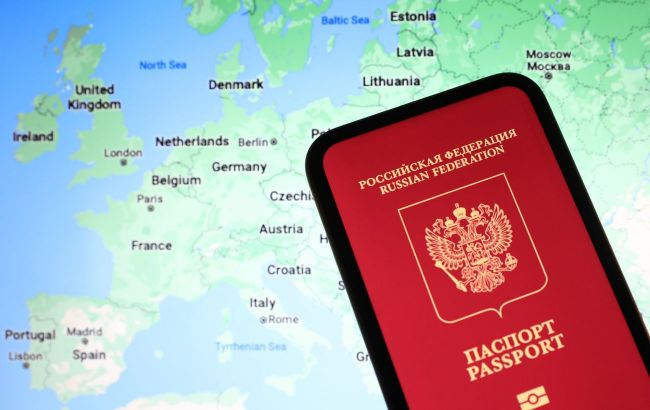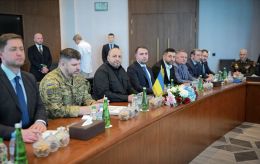EU plans to tighten visa rules for Russians - Politico
 EU aims to tighten visa rules for Russians (Illustrative photo: Getty Images)
EU aims to tighten visa rules for Russians (Illustrative photo: Getty Images)
The European Union is preparing to further tighten visa rules for Russian citizens, effectively ending the issuance of multiple-entry Schengen visas in most cases, according to Politico.
Three European officials cited by the publication said that if such a measure is adopted, Russians would generally receive only single-entry visas.
Brussels has already made it more difficult and expensive for Russians to obtain visas, suspending the visa facilitation agreement with Moscow following Russia’s full-scale invasion of Ukraine.
Some EU member states, particularly the Baltic countries, have gone even further, fully banning or strictly limiting entry for Russians.
However, visa issuance remains a national prerogative, meaning that while the European Commission can make the process more difficult, it cannot impose a complete ban on Russian visitors.
According to Commission data, over 500,000 Russians received Schengen visas in 2024. This is higher compared to 2023 but still far below pre-war levels, when more than 4 million visas were issued in 2019.
Separately, as part of its 19th sanctions package, the EU plans to restrict the movement of Russian diplomats, requiring them to notify states in advance about travel through the Schengen area to counter increasingly hostile intelligence activities by the Kremlin.
Visa policy in Germany
As reported by RBC-Ukraine, in September, Germany announced tighter visa rules for Russian citizens and urged EU countries to develop a common stance on restrictions within the Schengen area.
The new measures include stricter checks on applicants and a reduction in the categories of Russians eligible for a visa.
At the same time, Berlin emphasizes that humanitarian cases, such as the departure of opposition figures or individuals facing persecution in Russia. will continue to be a priority.
Germany’s approach aims not only to reduce the flow of Russian tourists to Europe but also to increase political pressure on the Kremlin.

